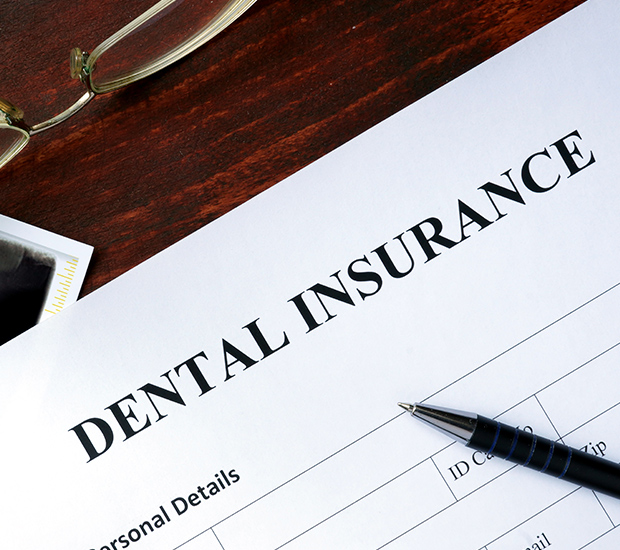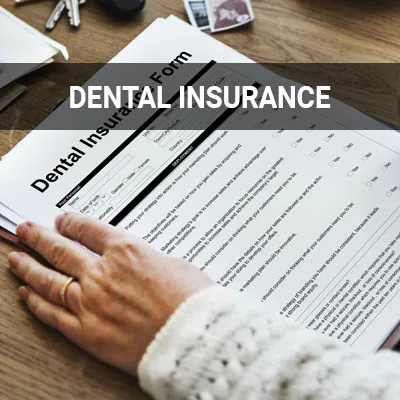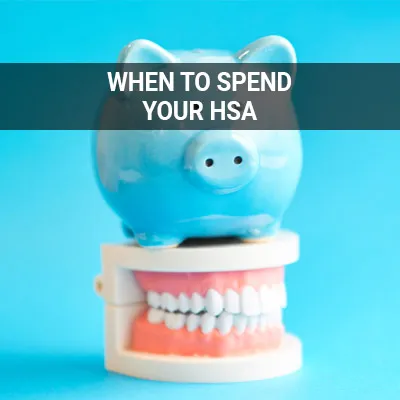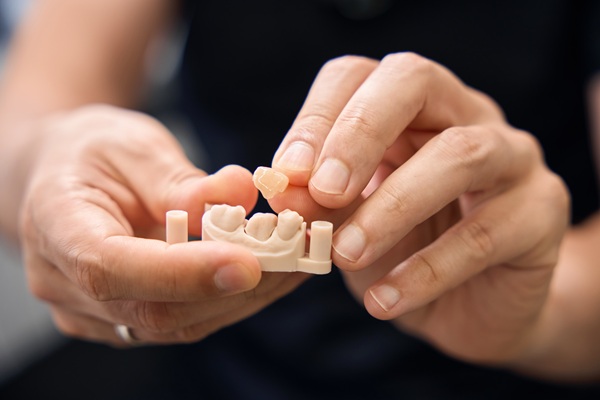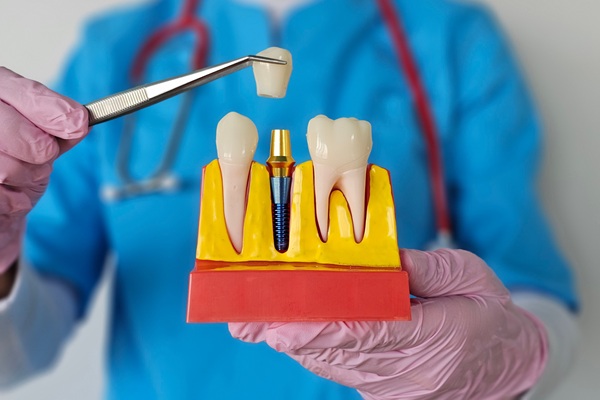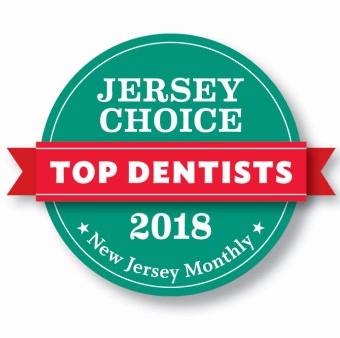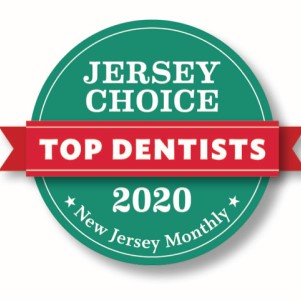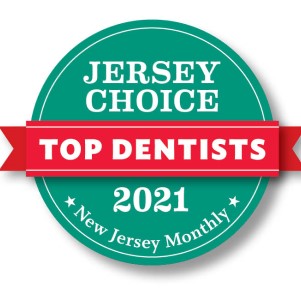Dental Insurance Middletown Township, NJ
Dental insurance is a form of health insurance designed to cover some of the costs of standard dental care. Fortunately, compared to health insurance, dental insurance is relatively easy to understand. Dental insurance is also available either as a standalone policy or part of a larger medical insurance plan.
If you are looking for a new dental insurance plan, make sure you know the different options before making your final decision. No matter what choice you make, we at Premier Dental of Middletown are here for you. We are proud to serve patients in Middletown Township and the surrounding area. Call us today at (848) 351-8059 to schedule an appointment or learn more about our services.
How Dental Insurance Works
According to Investopedia, patients should choose a dental insurance plan based on two factors: the network of dentists they want to access and the amount they can afford to pay. Patients can also see dentists who are out of network, but this tends to be a significantly more expensive option. Monthly premiums will vary depending on the patient's insurance company, location, and plan.
There is also a waiting period for most dental insurance policies – usually, around six to 12 months before the patient can have any standard work done. Major work may require longer waiting periods up to two years long. When it comes to dental insurance, there are typically three categories of coverage: preventative, basic, and major. Most plans cover 100% of preventative care, 80% of basic procedures, and 50% of major procedures.
“…patients should choose a dental insurance plan based on two factors: the network of dentists they want to access and the amount they can afford to pay.”
Choosing the Right Dental Plan for You
Choosing the right dental plan can be an intimidating process. There are many different types of dental plans. For instance, group insurance, individual and family plans, indemnity dental plans, preferred provider organization (PPO) plans, and health maintenance organization (HMO) plans are all possible choices.
Indemnity dental plans are also known as "fee-for-service plans." They are not as common in the Marketplace, and insurers cap the amount of money they will pay for certain procedures in this type of plan. Patients will have to pay out-of-pocket if a dentist charges higher than this set amount. A preferred provider organization (PPO) plan is much more common. Patients who choose to use out-of-network providers with a PPO plan will have to pay more out of pocket. With a health maintenance organization (HMO) plan, patients must pay monthly or annual premiums but can only see providers within their network.
“Choosing the right dental plan can be an intimidating process.”
Coverage Under Dental Plans
It is important to know what each type of dental insurance plan covers and does not cover. If an issue does arise, dental insurance will usually help cover a portion of the treatment cost, so people do not have to pay the full bill by themselves. Carefully review each potential insurance policy to budget for expected and possible emergency dental expenses.
Preventative dental care is usually 100% covered since it catches signs and symptoms of dental disease early and reduces the chance that a patient will need more complex treatment later. This will cover routine preventive and diagnostic care, such as cleanings and exams. Most plans have limits of coverage. Not all dental plans include coverage for orthodontic services, so people should carefully read the details of their plan. If unsure whether dental insurance covers preventative dental care or orthodontic services, people should call their provider to learn more about the plan details.
“If unsure whether dental insurance covers preventative dental care or orthodontic services, people should call their provider to learn more about the plan details.”
Check out what others are saying about our dental services on Yelp: Dental Insurance in Middletown Township, NJ
Affordable Care Online Enrollment
The Affordable Care Act (ACA) is a comprehensive healthcare reform intended to extend health insurance coverage to millions of uninsured Americans by legally requiring them to buy health insurance. It does not cover dental coverage for adults, but it does mandate that dental insurance is available to families with children. Adults do not have to buy coverage for themselves.
People can get dental coverage either as part of a health plan or by themselves through a separate, stand-alone dental plan. People interested in enrolling should create an account and apply for a plan during open enrollment. They can also browse plans on healthcare.gov to determine whether you qualify for a special enrollment period.
“People can get dental coverage either as part of a health plan or by themselves through a separate, stand-alone dental plan.”
Questions Answered on This Page
Q. How can someone find out what procedures their dental insurance covers?
Q. How can I get affordable dental care online?
Q. How can I find out if my employer's plan covers dental treatments?
Q. How does dental insurance work?
Q. What are the different kinds of dental plans?
People Also Ask
Q. Is dental insurance worth it?
Q. Can I use my FSA to pay for dental care?
Q. What should patients do if they have sensitive teeth?
Q. How can I find an affordable dental insurance plan for my family and me?
Q. What are some of the pros and cons of an HSA?
Dental Insurance Through Employers
Most dental insurance plans follow the 100-80-50 coverage structure. That means the plan covers preventative care at 100%, basic procedures at 80%, and major procedures at 50%. Sometimes major procedures have a larger copayment. Some dental plans do not cover some procedures, so people must check with their insurance provider for more information.
Employer-sponsored health insurance is the primary source of coverage for people in the United States. People should carefully read the details of an employer's dental insurance plan to determine whether the care they require is covered and at what percentage. Call the insurance provider directly with any questions or concerns.
“If your employer provides dental insurance, carefully read the details of your plan to determine if the care you require comes covered by the plan, and at what percentage.”
Dental Insurance Fees
Like health insurance plans in the United States, dental insurance plans come with costs, such as deductibles and copays. A deductible is a minimum amount that a person must pay before the insurance policy pays for anything. The deductible will vary depending on the type of dental insurance. Once the patient pays the deductible, their insurance plan will pay for the remaining costs.
Patients may also have to pay a preset amount, called a co-pay, before receiving a service or treatment covered by your insurance provider. The co-pay is usually due to the dentist at the time of the service. People will have to pay it even after they reach their deductible.
“Similar to health insurance plans in the United States, dental insurance plans come with costs.”
Frequently Asked Questions
Q. Is dental health really that important?
A. Yes. Many people mistakenly underestimate the importance of oral health. However, it is intrinsically linked to overall health. Neglecting one's oral health may have disastrous effects overall.
Q. Do I actually need a dental insurance plan?
A. Yes. Dental healthcare can be costly without insurance, especially if you are keeping up with your routine checkups and cleanings. Choosing the right dental insurance plan can help patients afford preventative dental care.
Q. What questions should I ask while looking for the right dental insurance plan for me?
A. There are a few things to keep in mind when looking for dental insurance plans. For example, if you anticipate needing a procedure in the future, make sure to ask whether it will be covered under your insurance. You should also ask if you can see any dentist of your choosing or if you must select one within the provider network, whether you can change dentists once you are enrolled, and how many people the plan will cover. Other pertinent information includes the deductible and copay costs and whether the plan is rated highly by an independent rating firm.
Q. What is a discount dental plan (DDP)?
A. A discount dental plan (DDP) is an untraditional insurance plan where the patient pays the cost of treatment at the contracted rate as determined by the plan. This type of plan does not involve any claim forms. However, patients must make monthly or annual payments to receive care from providers within the dental network at discounted prices and on a set fee schedule.
Q. Who should I talk to about my dental insurance plan's benefits or a claim?
A. Contact your insurance carrier for any questions and concerns you may have about your benefits or claims. They can access your account to review your benefits, claims activity, and eligibility.
Dental Terminology
Call Us Today
Dental insurance can help you offset the cost of dental care. Premier Dental of Middletown can help you learn more about what your plan covers. Call us today at 848-351-8059 to learn more about our services or schedule an appointment.
Helpful Related Links
- American Dental Association (ADA). Glossary of Dental Clinical Terms. 2025
- American Academy of Cosmetic Dentistry® (AACD). Home Page. 2025
- WebMD. WebMD’s Oral Care Guide. 2025
About our business and website security
- Premier Dental of Middletown was established in 2025.
- We accept the following payment methods: American Express, Cash, Discover, MasterCard, and Visa
- We serve patients from the following counties: Monmouth County and Middlesex County
- We serve patients from the following cities: Middletown Township, Red Bank, Lincroft, Hazlet, Holmdel, Tinton Falls, Long Branch, Matawan, Mount Pleasant, Keyport, Keansburg, Atlantic Highlands, Fair Haven and Old Bridge
- National Provider Identifier Database (1790122547). View NPI Registry Information
- Norton Safe Web. View Details
- Trend Micro Site Safety Center. View Details
Back to top of Dental Insurance
